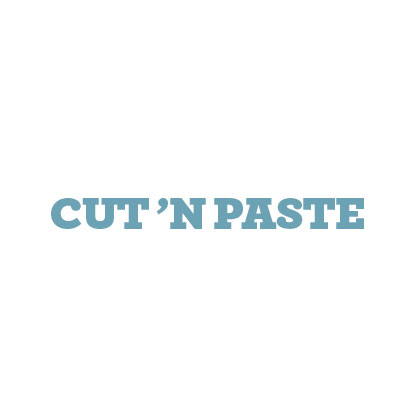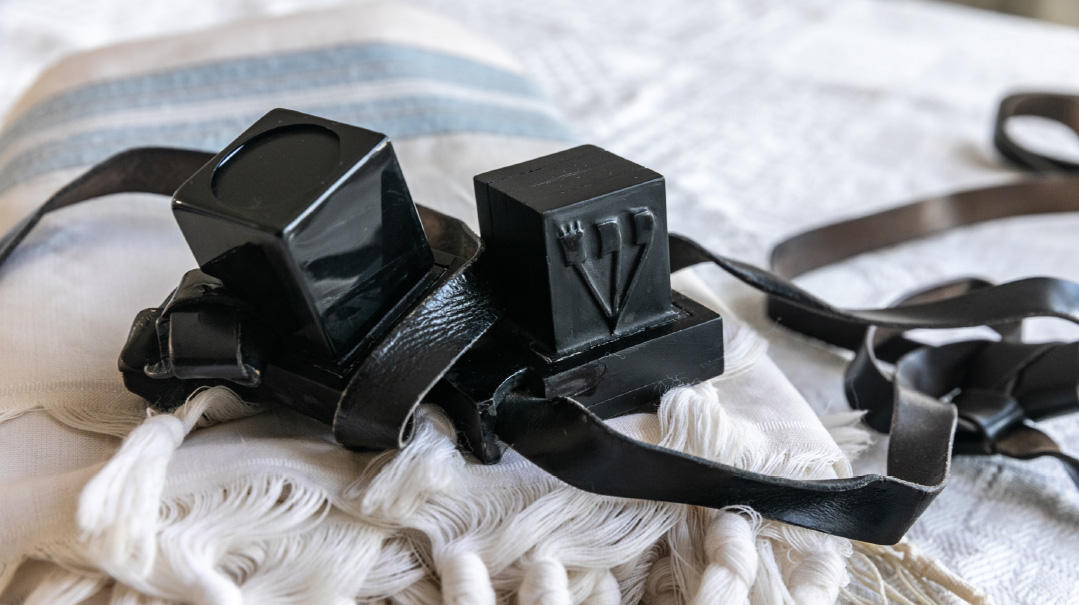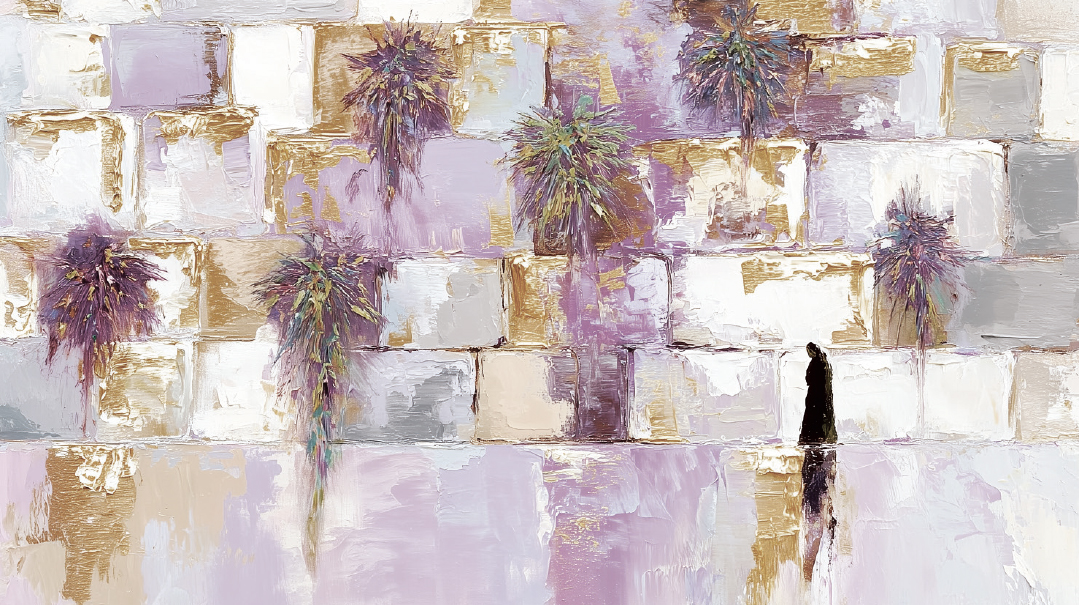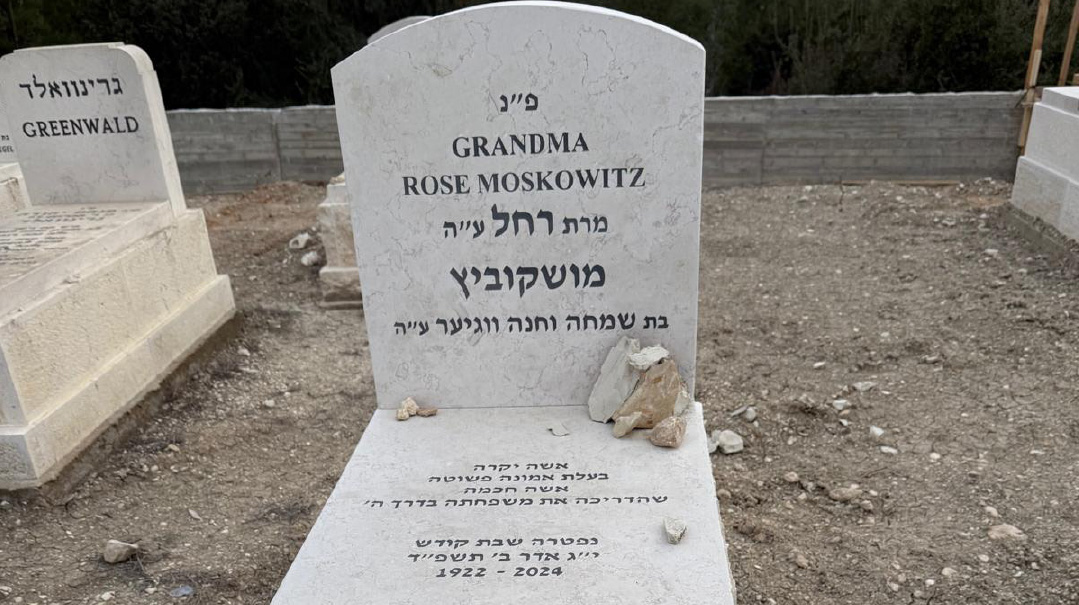Healing Moments in a Cancer Ward

I felt an overwhelming pity for him — a Jew so lost without Torah
When my wife and I arrived at the hospital for her bone marrow transplant, we didn’t know what the outcome would be. We didn’t know what effects of chemo she would experience, or whether the transplant would be rejected. We didn’t know if she would make it.
But there was one thing we did know: The hospital would be our home for the next few months, and we were going to make the most of this time. Sloan Kettering is synonymous with cancer treatment, and many people consider it a pretty gloomy place. Someone once told me “you can see the malach hamaves walking the corridors.” But we knew we wanted something good to come out of this, so we actively looked for opportunities to reach out to the people around us.
To that end, when Pesach approached, I decided to lead a Seder for any interested Jewish patients in the ward. It was a unique experience, and uniquely challenging. Some participants had a lifetime of knowledge and practice, some had never been at a Seder before. I had participants who were experiencing their first Seder and participants who believed that this Seder would be their last. I wished I could infuse them all with a lasting optimism and faith, as I tried to create a joyous Yom Tov spirit at this heartrending, heartwarming Seder.
Our daughter Miri joined the effort too. Miri is an accomplished musician, and she wanted to bring her keyboard to the ward to spread some joy and fun. I asked around, but it seemed that such a thing was against regulations — certainly it had never been done before. I passed this information on to Miri, but one day she showed up with her keyboard, set it up in her mother’s room and turned up the volume. Patients and staff started trickling into the room, overflowing into the hallway. Miri had just wanted to cheer up her mother, but this was turning into a full-fledged concert for the entire wing. If the malach hamaves was walking that corridor, Miri sent him running for cover.
One of the patients I developed a relationship with was Albert, a nonreligious Jewish attorney. Although he had cancer and was undergoing chemo, he felt relatively well and would spend a large part of the day in the ward’s family room, working at his law practice. He was a nice guy, and didn’t mind when I stopped to chat with him, even if I insisted on sharing Torah thoughts and perspectives. He even began calling me “my rabbi.”

Albert was generally a very positive and upbeat person, but one day I found him in a somber and pensive mood. When I asked him if everything was alright, he explained that he was scheduled for surgery the next day.
“It’s a very delicate procedure,” he told me. “The doctors give me a 50-50 chance of surviving the operation.”
I figured that was enough to make anyone somber, and I began sharing some words of chizuk and teachings of Chazal. But he stopped me.
“I’m not afraid of dying, Rabbi,” he said. “I’ve lived a full, satisfying life. That’s not the problem.”
“So what’s the problem?” I asked.
“Rabbi,” Albert said seriously, “if I die tomorrow, I’ll never know the outcome of the O.J. Simpson trial!”
I tried to cover my shock. “You don’t need to worry about that either,” I retorted. “The Talmud in Berachos discusses whether the dead are aware only of what is currently happening in the world, or also know what will happen in the future. So if you die, there is even the possibility that you will know the verdict before any of us!”
His face cleared and he couldn’t stop thanking me. “You really put my mind at ease,” he kept repeating. “You made me feel much better.”
I was gratified to have been able to relieve his anxiety, but I felt an overwhelming pity for him — a Jew so lost without Torah.
Although my wife was very sick, she also looked for opportunities to reach out. She befriended Betty, one of the nurses on the ward. Betty was Jewish and married to a Jew, but totally nonobservant. Because Betty was refined and eidel, my wife felt she was ripe for some old-fashioned kiruv, and they talked long and often about different Jewish laws and concepts. Betty hoped to have a family, and my wife taught her about taharas hamishpachah, but despite many long, intense conversations, Betty showed zero interest.
One morning, Betty walked into the room and touched Leah’s shoulder. “I will do it for you,” she whispered in her ear.
Leah was terribly weak, but still conscious. I know that she heard what Betty said and understood, because a tear slid down her cheek. She lost consciousness later that day, and died the following week. Betty’s words may have been the last words she ever heard.
When the shloshim was over, I returned to Sloan Kettering with a gift for Dr. Castro, the head of the transplant team.
Dr. Castro was stunned. “I have performed many successful transplants where nobody bothered to thank me,” he said. “But this is the first time that someone thanked me for an unsuccessful transplant.”
“Dr. Castro,” I replied, “you are a religious man. You certainly believe that your work is a channel for G-d’s Will. Once you’ve given your patient your best effort, success or failure has nothing to do with you. I came to thank you for giving my wife your best effort with care and compassion.”
Although we didn’t get the outcome we had hoped for, I like to think that we did succeed in making something positive out of the time Leah had before passing on to the World of Truth.
(Originally featured in Mishpacha, Issue 818)
Oops! We could not locate your form.












